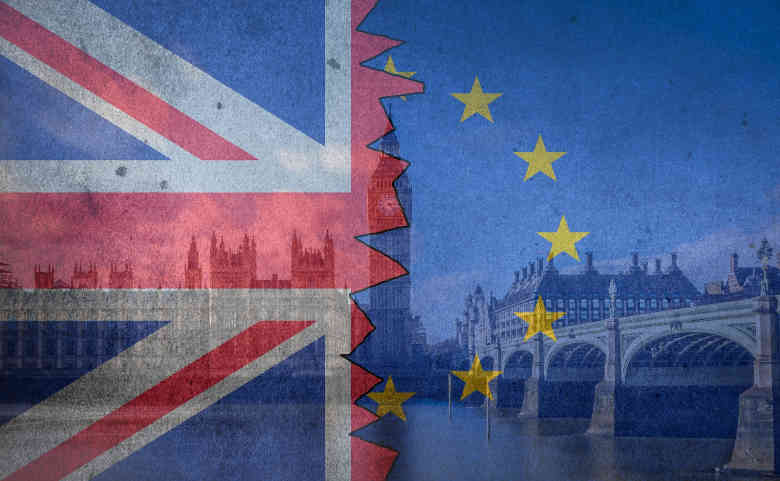The Telegraph, May 29 2022, Professor Robert Tombs
paradox of our politics is that the Conservative Party is the oldest and most successful political party anywhere, and yet it regularly seems to face existential crises. At the end of the May government it risked electoral extinction. After the 2019 victory, it seemed set to dominate the political scene indefinitely; but now, in the panic caused by public anger over partygate, many MPs feel they are once more looking into the abyss. A recent poll even suggests that in a general election nearly every battleground seat would be lost, including the Prime Minister’s. The question has to be asked: is the Conservatives’ extraordinary run in power finally coming to an end?
The party’s ascendency is commonly ascribed to ruthless pragmatism, including readiness to jettison failing leaders. But there is more to Toryism than that, and always has been since its 17th-century origins. It may not have an ideology, but it has always had a solid core of traditions, loyalties, sentiments and interests which have been remarkably constant.
Since a recognisable Conservative Party was founded by Sir Robert Peel in the 1830s, its support came from the smaller towns and villages of the most stable parts of the country. Conservative heartlands in the 21st century are remarkably similar to those in the mid-Victorian period. And Tory support always included a substantial slice of the working class in the Midlands and North. The Red Wall is nothing new.
Click here to read the piece in full.

